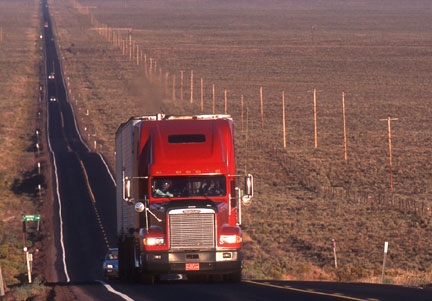Americans enjoy the freedom to travel, live, work and enter into contracts throughout the United States. But when an employee is injured on the job they are often forced to claim workers’ compensation benefits in a distant and or unfamiliar state.
Article IV of the United States Constitution explains this dilemma for injured workers. But Article IV may allow some employees to be more fairly compensated for their work injuries as well.
The privileges and immunities clause
Article IV, Clause 2 of the Constitution, the so-called privileges and immunities clause, gives Americans the right to freely travel, work, contract and buy property in any state without discrimination by state governments.
But states are allowed to discriminate some based on laws enacted for the health and welfare of its citizens enacted under their 10th Amendment police powers. Workers’ compensation laws are enacted by states under their 10th Amendment police powers. This means that states can decide which employers and employees are subject to their workers’ compensation laws.
In practical terms, this often means injured workers are forced to claim workers’ compensation benefits in a state where they don’t live. Fortunately states cannot discriminate against non-residents when it comes to access to courts. But if the privileges and immunities clause guarantees equal access to state courts regardless of state citizenship, is it constitutional to force someone to travel thousands of miles to pursue a workers’ compensation case? Arguably it’s not. It’s arguably also unconstitutional to deny a workers’ compensation claimant the right to a video or telephonic hearing if they are required to incur heavy travel expenses.
Full faith and credit clause and workers’ compensation
Article IV, Clause 1 requires states to give full faith and credit to the judgments of other states. In some circumstances this means that an injured workers can only claim and collect workers’ compensation benefits in one state even if they would be eligible for benefits in multiple states. If a state workers’ compensation law holds that you can only collect benefits in that state, then you cannot collect benefits in multiple states.
But if state law is silent about the receipt of benefits in multiple states you can collect benefits in multiple states. As one Supreme Court justice pointed out, workers’ compensation benefits are limited and they don’t always adequately compensate an injured worker. Double collection of benefits isn’t necessarily a windfall. But as I pointed out in a post in 2017, the Supreme Court isn’t overly supportive of injured workers claiming benefits in multiple states. The last decision on this issue came out nearly 40 years ago, the Supreme Court has become even less friendly to workers since then.




